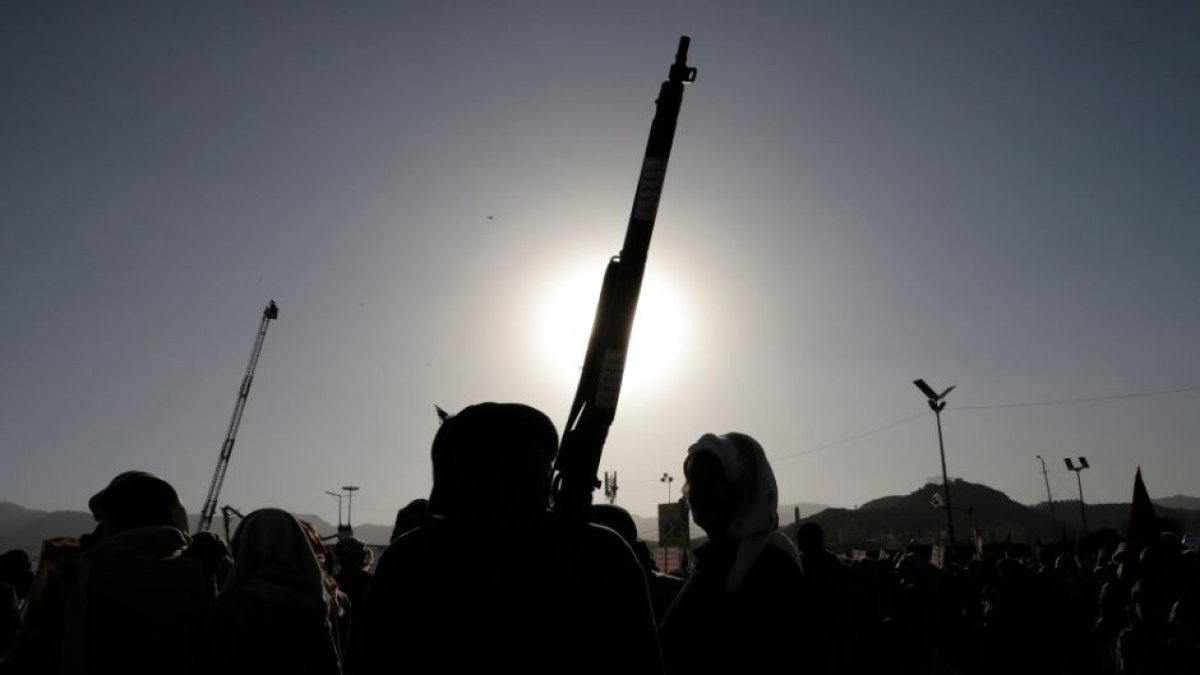Biden administration includes Houthis on list of terrorist organizations
The White House specified that the label will take effect within 15 days "to prevent adverse impacts on the Yemeni people" and indicates that it would study withdrawing the group from the list if the attacks cease.

(Cordon Press)
National Security Advisor Jake Sullivan announced yesterday that the U.S. is once again including the Houthis on the list of terrorist organizations following the group's attacks on ships in the Red Sea and U.S. counterattacks on terrorist targets in Yemen. The measure, which will come into force within 30 days to prevent the Yemeni population from being affected, would further complicate the Houthis' access to financial markets as well as receiving money from third parties. However, Sullivan stressed that, in the event that the terrorists cease attacks, the U.S. would consider retracting them from the list.
In a statement, Sullivan highlighted that "over the past months, Yemen-based Houthi militants have engaged in unprecedented attacks against United States military forces and international maritime vessels operating in the Red Sea and Gulf of Aden. These attacks fit the textbook definition of terrorism."
'A clear message' to the Houthis
Sullivan noted that the measure will take effect within 30 days "to allow us to ensure robust humanitarian carve outs are in place so our action targets the Houthis and not the people of Yemen. We are rolling out unprecedented carve outs and licenses to help prevent adverse impacts on the Yemeni people. The people of Yemen should not pay the price for the actions of the Houthis. We are sending a clear message: commercial shipments into Yemeni ports on which the Yemeni people rely for food, medicine and fuel should continue and are not covered by our sanctions. This is in addition to the carveouts we include in all sanctions programs for food, medicine, and humanitarian assistance."

























